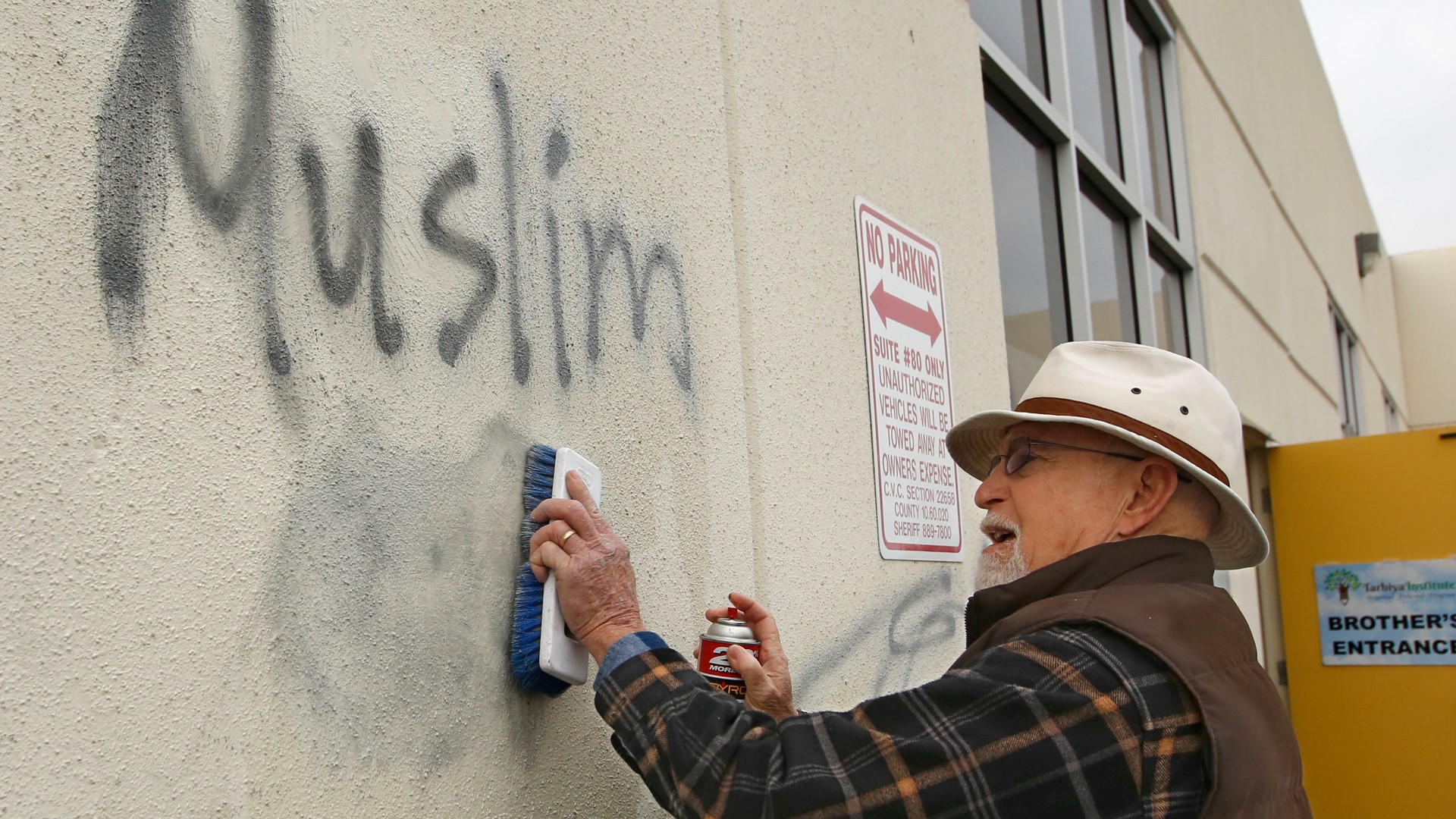ATLANTA — Three men convicted of federal hate crimes in Brunswick now face the possibility of an additional life sentence, but most hate crimes in the United States are never reported to police.
Greg McMichael, his son Travis, and neighbor Roddie Bryan were convicted earlier this week of violating the civil rights of Ahmaud Arbery. The three were sentenced to life last November after a state jury found them guilty of Arbery’s murder.
The case drew national attention after the three men chased down then shot Arbery as the 25-year-old jogged along a suburban Brunswick street. Experts said many hate crimes fly under the radar because victims never report them to law enforcement.
A Department of Justice report said between 2015 and 2019, the overwhelming majority of hate crimes were violent. Only 41% of those violent attacks were reported to police. Many who believe they were the victims of hate crimes told the DOJ they didn’t think it was important and didn’t want to bother police.
Georgia State University Criminology Professor Dr. Thaddeus Johnson tells us some don’t even realize they’re the victim of a hate crime.
“People in our country are so marginalized,” said Johnson. “They live through these things daily. It’s just a common part of life. So oftentimes they feel disempowered. They're almost completely impervious to it because it's just how life is.”
The Department of Justice used the U.S. Census Bureau to question thousands of crime victims. Many told the DOJ that they avoided reporting hate crimes to police because they feared retaliation.
“If you're a new immigrant in our nation, you may fear that it may jeopardize your status, that you may be reported and even deported,” said Johnson.
Many hate crime victims told the DOJ they handled the matter through someone other than the police, like an apartment manager or school administrator.
Emory Political Science Professor Andra Gillespie said when police are called, they may not always ask the right questions.
“They might not be able to glean that there was an element of you know, racial or religious or gender animus that was involved,” said Gillespie.
A small percentage of hate crime victims told the DOJ they didn’t report a violent attack to police because they didn’t want to get the offender in trouble.

